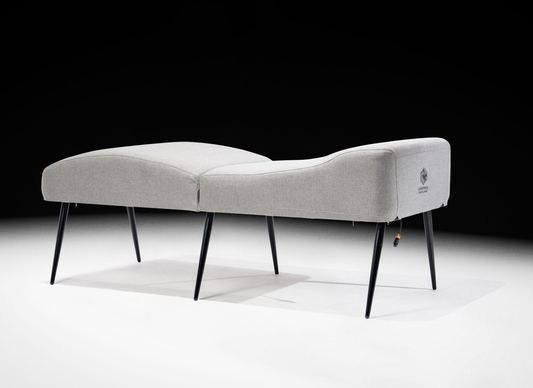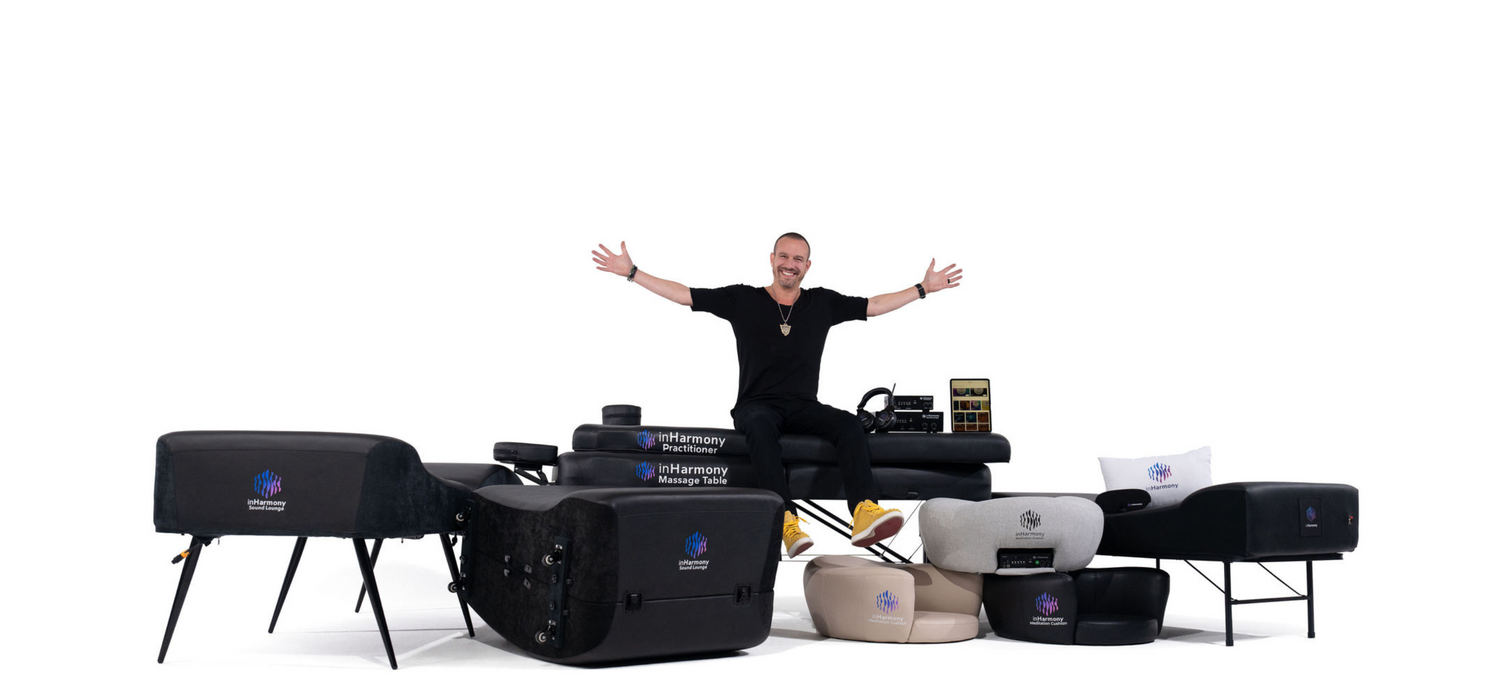Have you ever heard of pineal gland activation through sound and wondered whether there was any validity to it? You’re not alone. Many people hear about sound therapy for pineal gland health and think about trying it for themselves.
While sound therapy is a safe, simple practice to embark upon, let us first take a look at the pineal gland as a whole, whether sound has an effect on the pineal gland, and the benefits of pineal gland activation therapies.
What does the pineal gland do?
This gland is responsible for secreting and regulating melatonin, a hormone that helps the body fall asleep naturally. Depending on the time of day, a healthy pineal gland will control whether a person feels tired, goes to sleep, wakes up, or feels alert.
In addition, the pineal gland is partly responsible for the body’s aging process, drug metabolism, bone health, sense of direction, pituitary gland function, and mental wellbeing.
Does sound affect the pineal gland?
Many cultures subscribe to the belief that certain types of sound, such as binaural beats, can have a profound impact on the pineal gland. While some say that certain sounds can activate the pineal gland or “open an individual’s third eye,” others claim that sound can decalcify the pineal gland and cause it to function more efficiently.
Along with more efficient pineal gland function, some individuals claim that an activated, decalcified pineal gland can help reduce the likelihood of developing certain medical conditions, or lessen the severity of already existing illnesses (like migraines and mental health issues).
Can science verify these claims?
This should not suggest that sound plays no role in the function of the pineal gland, there just has not been adequate scientific evidence that proves the theory beyond any doubt.
The brain is a highly complicated organ, and it’s important to understand that just because a theory or practice has not been proven does not mean that it isn’t valid or does not work. It’s simply one of the many things that are yet to be discovered about the nature of the human mind.
Studies on Sound and the Pineal Gland
One study performed used sound stimulation on the pineal glands of adult female rats to determine whether any bodily changes would occur. The study had two groups of rats, non-audiogenic and audiogenic. In the audiogenic group, sound stimulation triggered tonic-clonic seizures as well as glandular stress, but biosynthesis and serotonin levels remained mostly unchanged.
The seizure response suggests that there may be some relationship between the pineal gland and sound, but that relationship is largely undetermined otherwise.
Another study also suggests that certain sounds can also play a role in the brain’s natural production of hallucinogenic compounds that contribute to both vivid dreams and deep meditation.
Despite these theories being, at this point, unproven, many followers and practitioners of alternative medicine believe very strongly in the power of sound on the pineal gland. In addition to practicing sound therapy for pineal gland activation and decalcification, countless individuals claim that they experience the benefits of pineal gland-related sound meditation practices.
Physical and Mental Benefits of Sound Therapy
Individuals who listen to binaural tones, sound therapy, or take part in sound-related meditation practices claim that they experience an improvement in several aspects of their mental and physical health. For example, an array of people who regularly practice sound therapy for pineal gland improvement experience:
- - Increased mental clarity
- - Better sleep
- - Increased ability to concentrate
- - Improved sense of imagination
- - General feelings of wellbeing
- - Improvements in heart health and blood pressure
When you listen to music on the inHarmony "Music Meditations" APP you'll hear shimmering soundscape designed in various Hz that range from 30 hz, 40 hz, 60 hz, 68 hz, 80 hz, 86 hz. These sounds activate the pineal gland using vibrational frequency to calm your mind and open your heart. When you actiate the Pineal Gland it unblocks your crown chakra which is similar to your "third eye opening."
In Review
Countless people swear by sound therapy and meditation practices, noting the positive effects that it has on their mental and physical health. This includes sound therapy for pineal gland function, which practitioners credit with improving their mental capabilities, emotional responses, and physical wellbeing due to an increase in restful sleep.
Tech-assisted meditation devices such as the inHarmony Sounds Lounge, inHarmony Practitioner, and inHarmony Meditation Cushion help you relax and improve mental health with vibroacoustic therapy.
Every person is unique, and as such, practitioners of sound therapy may find that it has a positive impact on their health regardless of what’s not yet been proven by science. It’s a simple, risk-free practice to embark upon, so taking a chance and trying sound therapy is well worth the time investment if the practice improves one’s quality of life.












